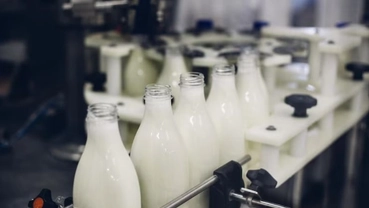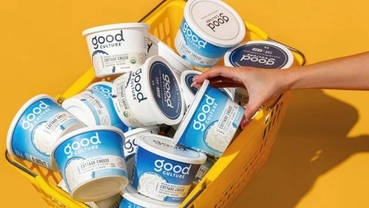RESEARCH
No Heat, No Bird Flu: The Acid That Cleans Raw Milk
UC Davis shows six-hour citric acid treatment wipes out H5N1 in raw milk, offering safety without altering flavor
17 Feb 2025

As fears grow over the spread of bird flu to dairy herds, a team at the University of California, Davis, has found a way to make raw milk safer without cooking it. Researchers there have shown that exposing unpasteurised milk to citric acid for six hours at a pH of 4.1 to 4.2 fully inactivates H5N1 avian influenza.
The method preserves the flavour and texture prized by raw milk enthusiasts, yet requires little more than a thermometer and citric acid. Unlike pasteurisation, which demands expensive and energy-intensive machinery, acidification could be carried out on farms with limited resources. That makes it especially attractive for small dairies and artisanal producers, which are also more likely to serve niche markets where raw milk is still sold legally.
"This gives small producers a science-backed way to improve safety while preserving product integrity," said one food safety analyst familiar with the research.
The National Milk Producers Federation, which has called for better safeguards against bird flu, has not commented directly on the findings, but is said to be considering a range of H5N1 mitigation tools. Observers in the dairy industry believe the approach could spur development of low-cost, farm-ready acidification kits, though such products remain speculative for now.
The discovery arrives at a time of growing concern. Bird flu has recently been detected in dairy cows in several American states, and traces of viral RNA have been found in commercial milk. Although no viable virus has been detected in pasteurised products, the risks from raw milk are more acute.
Early tests suggest that flavour and shelf life are largely unaffected by the acid treatment. Further commercial-scale trials are under way.
Although pasteurisation remains the standard for milk safety, this low-tech solution offers a useful backup, especially during outbreaks or where conventional infrastructure is lacking. For now, a bit of added sourness may be a small price to pay for a safer glass of milk.
Latest News
19 Feb 2026
Why Virtual Fencing Is Reshaping the Range18 Feb 2026
Dairy Explores Blockchain for Next-Gen Traceability17 Feb 2026
Why Investors Are Betting Big on High-Protein Dairy16 Feb 2026
Smart Sensors Transform America’s Dairy Farms
Related News

MARKET TRENDS
19 Feb 2026
Why Virtual Fencing Is Reshaping the Range

TECHNOLOGY
18 Feb 2026
Dairy Explores Blockchain for Next-Gen Traceability

PARTNERSHIPS
17 Feb 2026
Why Investors Are Betting Big on High-Protein Dairy
SUBSCRIBE FOR UPDATES
By submitting, you agree to receive email communications from the event organizers, including upcoming promotions and discounted tickets, news, and access to related events.